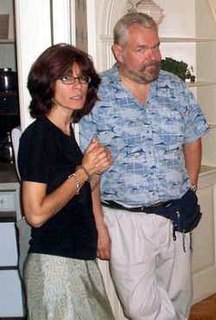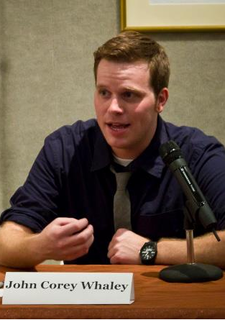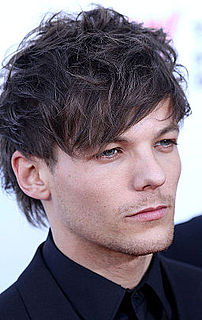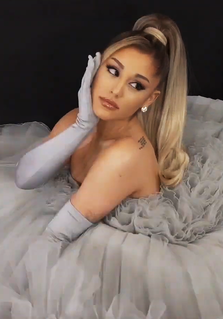A Quote by Barbara Kingsolver
If my setting is new to a reader, or the concerns of the novel are new, I hope they will learn something about the world. I would like to say that they can trust that what they do learn in the novel will be accurate, because I pay a lot of attention to facts. I do a lot of research to make sure that I'm not giving them, you know, blue moons of Jupiter. It's not science fiction.
Related Quotes
I have three boys. And I wanted to make sure it connected with them and then those guys who grew up like me, in environments like me.And then I knew something about science that your New York Times reader would be interested in. So I was thinking about it in multiple ways: I'll connect with the people who grew up like me first, and then the New York Times reader will be interested in the science because it's so good and they want to be "in the know."
With a novel, you have the reader with you a lot longer, and you owe him a lot more. Obviously you have to have a plot - I say "obviously," although I think a lot of fiction doesn't, and nothing seems to happen. But to me, there should be something that happens, and it should be at least vaguely plausible. And because the readers are going to be with these characters for a long time, you have to get to know them and like them and want to know what happens to them.
From the simplest lyric to the most complex novel and densest drama, literature is asking us to pay attention. Pay attention to the frog. Pay attention to the west wind. Pay attention to the boy on the raft, the lady in the tower, the old man on the train. In sum, pay attention to the world and all that dwells therein and thereby learn at last to pay attention to yourself and all that dwells therein.
There is a document in every novel in the world. Even in the most fantastic novel, even in science fiction, there is a documentary side. But, this side is not the crux of the matter. I don't think a novel's main donation, main gift, is the document. The document is there, but a novel goes beyond documentation. It goes into opening a new vista, opening a new perspective, showing familiar things in an unfamiliar way.
If someone does learn about the world from reading a novel of mine, that makes me very happy. It's probably not what brings me into the novel in the first place - I usually am pulled in by some big question about the world and human nature that I'm not going to resolve in the course of the novel. But I'm very devoted to getting my facts straight.
I'm skeptical that the novel will be "reinvented." If you start thinking about a medical textbook or something, then, yes, I think that's ripe for reinvention. You can imagine animations of a beating heart. But I think the novel will thrive in its current form. That doesn't mean that there won't be new narrative inventions as well. But I don't think they'll displace the novel.
I hope that people can relate to my music, it's very relatable, it's very fun, it's very honest. It's very, very, honest. I know that my fans will probably learn a lot about me by listening to my music, if they really listen to the lyrics. I'm sure they'll learn about a new side to me, it's all very honest, I don't put on any... there's no fake-ness to it, it's very real and I hope my fans can relate to it and that it's enjoyable for all ages.
You only learn when you give your whole being to something. When you give your whole being to mathematics,you learn; but when you are in a state of contradiction, when you do not want to learn but are forced to learn, then it becomes merely a process of accumulation. To learn is like reading a novel with innumerable characters; it requires your full attention, not contradictory attention.






































